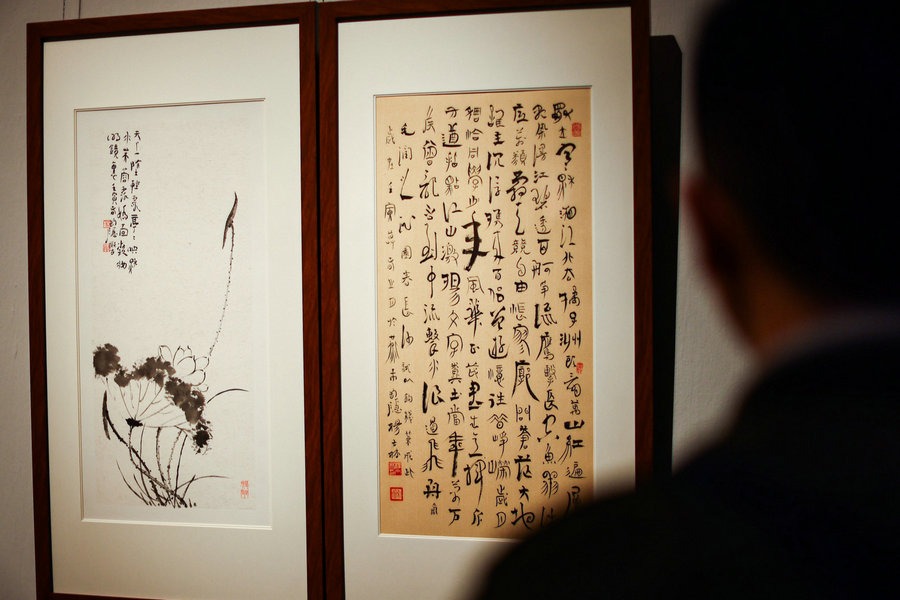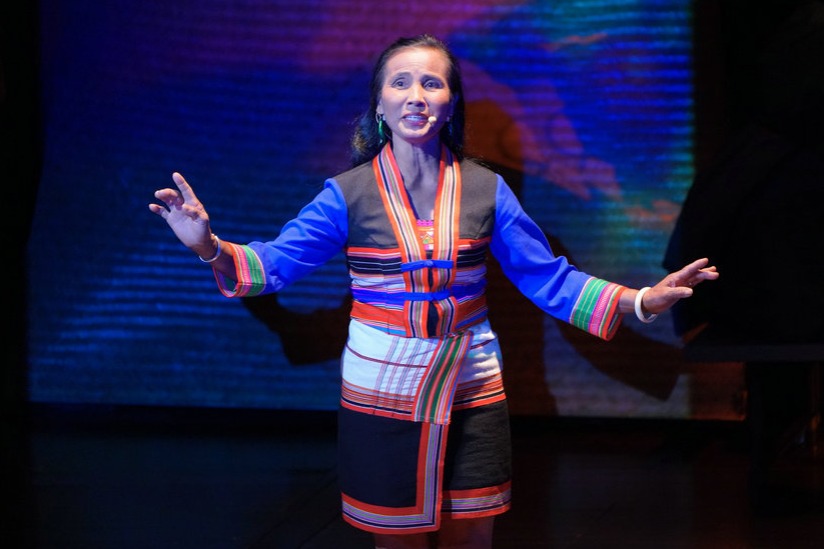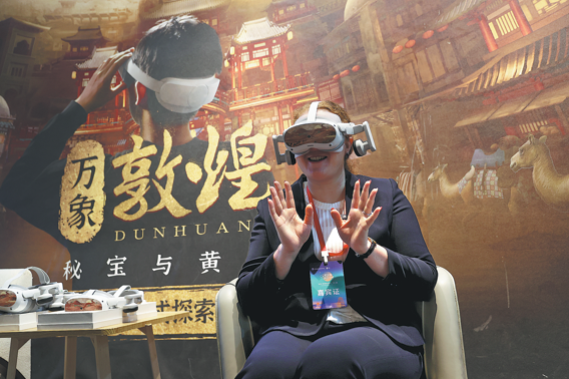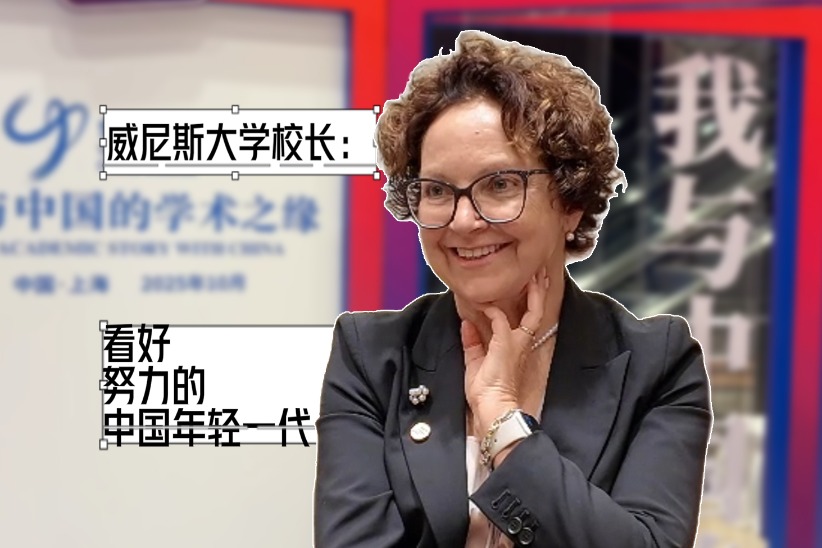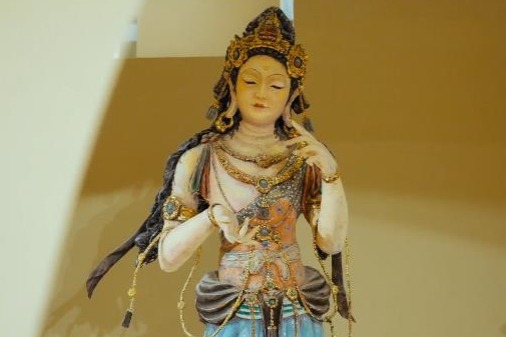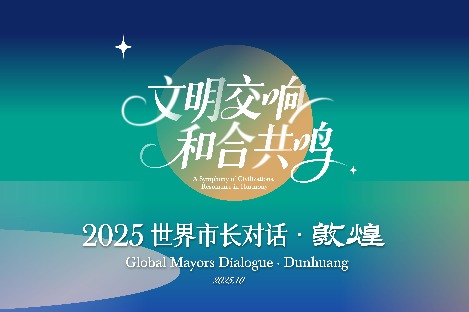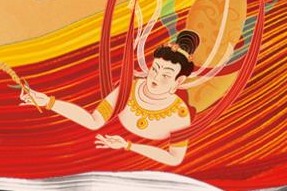Ancient wisdom plays role in modern thought

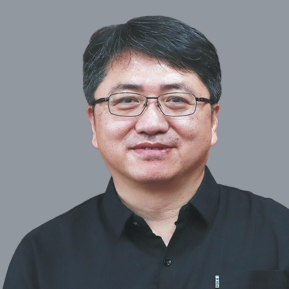 Zhang Zhiqiang.CHINA DAILY
Zhang Zhiqiang.CHINA DAILY
Classical Confucian legacy still provides enlightenment on international exchanges, said Zhang Zhiqiang, director of the Institute of Philosophy at the Chinese Academy of Social Sciences.
The contemporary call to construct a community with a shared future for mankind essentially echoes the concept of "all under heaven as one family", a value embedded in Confucianism. According to the notion: "There is but one li (universal principle), which exists in diverse forms", which is from the Neo-Confucian Zhu Xi, a renowned philosopher and educator during the Song Dynasty (960-1279), there is a common principle within all diversities, reflecting universal values embraced by all humanity, Zhang said.
Mutual learning among civilizations embodies this concept. By pursuing mutual understanding and placing oneself in others' positions, shareholders can reach a common understanding of shared values, he said. "This method of establishing values, advocated by Zhu in The Great Learning, has significant global relevance today, fostering a collective human identity and cultural empathy."
As the leading representative of Neo-Confucianism, Zhu played a pivotal role in decoding Confucian classics, injecting new vigor into Confucianism and promoting the Confucian values among ordinary people, Zhang added.
"Confucius' thought is a summary of the fundamentals of civilizations from the Xia, Shang and Zhou dynasties (c.21st century-256 BC), putting Chinese civilization on a path of highly conscious development and giving a clear cultural development direction and value orientation," he noted. "Building on that, Zhu promoted a new phase of Chinese cultural development."
During Zhu's time, profound societal changes took place, necessitating the adaptation and reformation of Confucianism in response. "The mainstream of Chinese culture, represented by Confucianism, had to turn its focus to people's inner world, constantly consolidating its core values to become the basis of the cultural and spiritual identity of the populace," Zhang said. He referred to this inward shift as a hallmark of Neo-Confucian tradition, exemplified by Zhu's philosophy.
Chinese culture also experienced a "downward shift", penetrating grassroots communities, becoming integral to the daily lives of ordinary people. It thus helped form a solid, structured community, featuring rituals and customs recognized across the country.
During the Yuan Dynasty (1271-1368), Zhu's Neo-Confucianism became the official State doctrine, with southward cultural achievements being integrated into a unified ideological system across China.
"We must understand the intellectual trajectory from Confucius to Zhu Xi in the bigger picture of the overall Chinese civilization," Zhang said.
They demonstrate the pinnacles of Chinese culture in different historical stages, revealing the internal dynamics and structural adjustments of Chinese cultural development, and contributed to the stability, reinforcement, and consolidation of value orientation within the unified Chinese nation, he added.



















